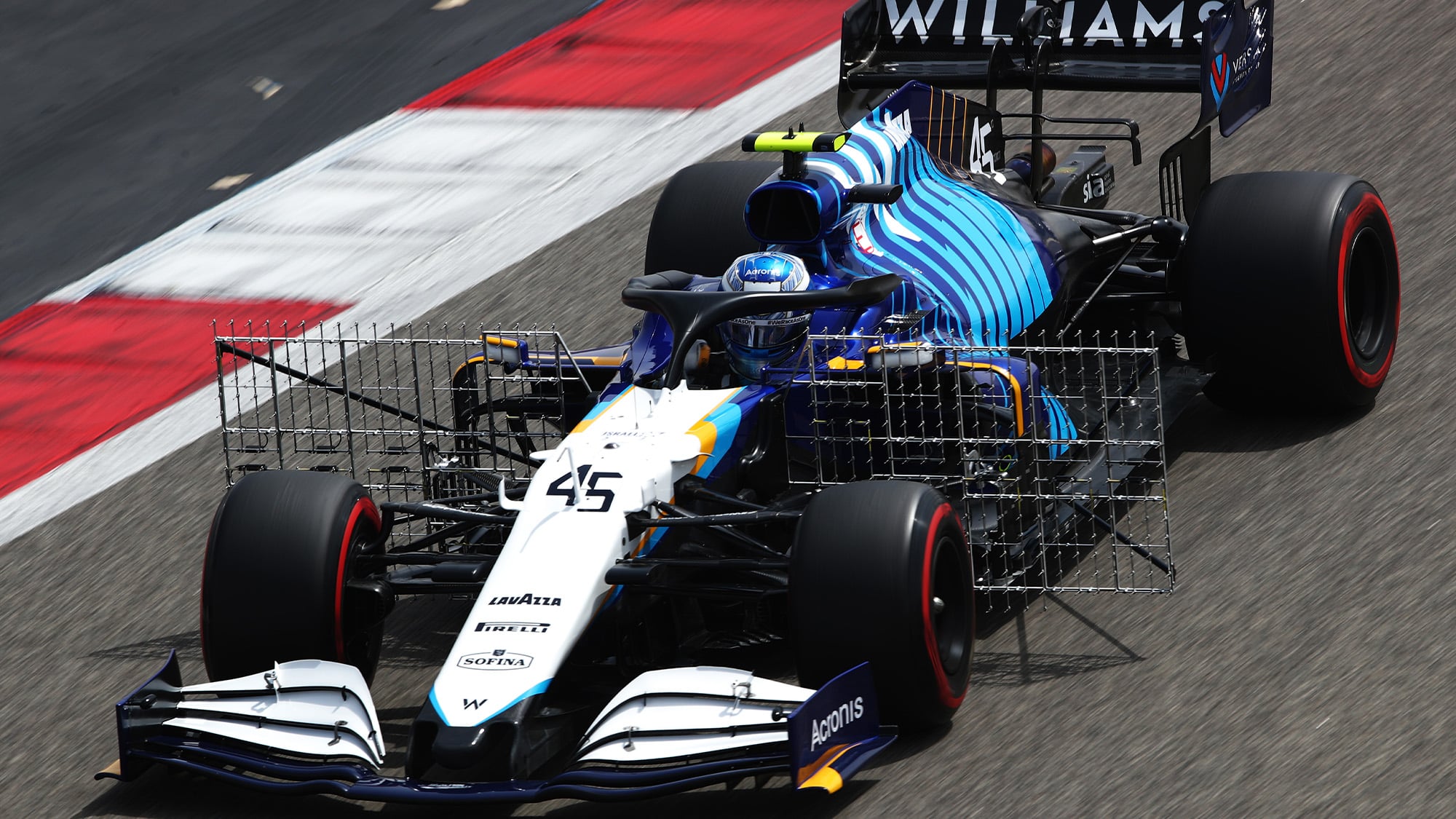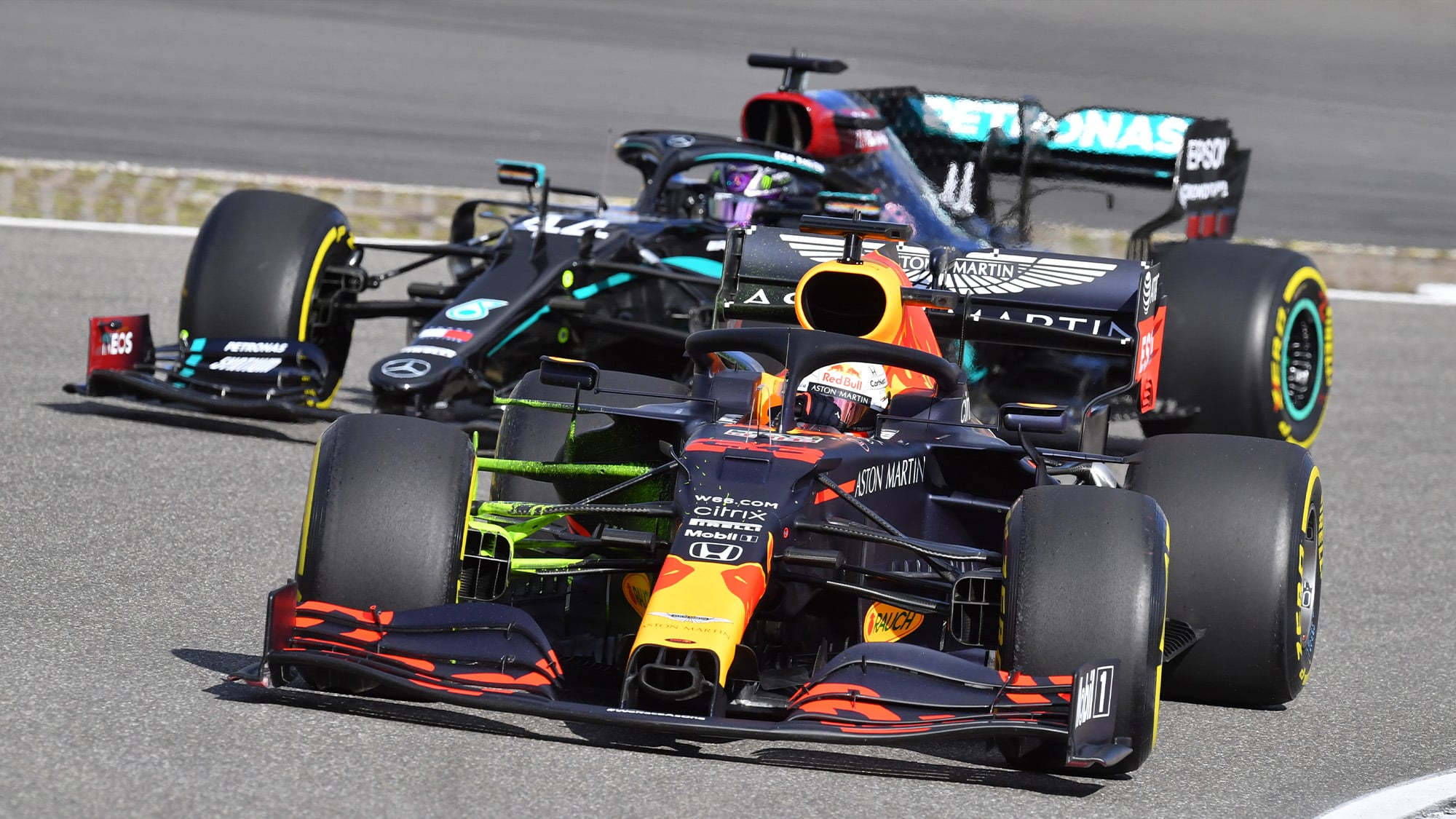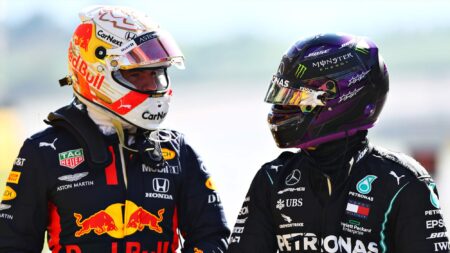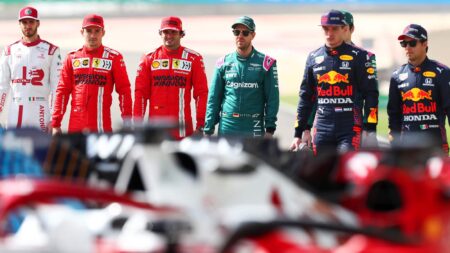I remember pre-season in 2014, and it was a necessity back then. The new power units were so complex that teams were having massive issues just getting their cars started. In fact, the extra early test in Jerez – at the end of January – was essentially a four-day shakedown where some teams barely ran before two tests in Bahrain. We were having a sweepstake in the media centre about whether the Red Bull would be seen before lunch or reach double figures in terms of laps.
But without that need to learn how to start a brand new power unit, it feels like testing has become an opportunity for engineers to gather as much data to make their cars run as perfectly as possible, and this is where I think 2021 has proven we need to change.
In 2014 there were 12 days of pre-season testing. Slowly that came down to eight, and then to six. This year we’ve had three, and I reckon we’re better off for it.
A private shakedown to check systems work is fine, but by giving teams seven race weekends worth of track time before arriving at the first race, we have been removing variables that add to sporting drama. F1 is obsessed with perfection, trying to make everything as stable as possible, and then the sport notices just how exciting things get when you remove that – for example when it’s a wet race.
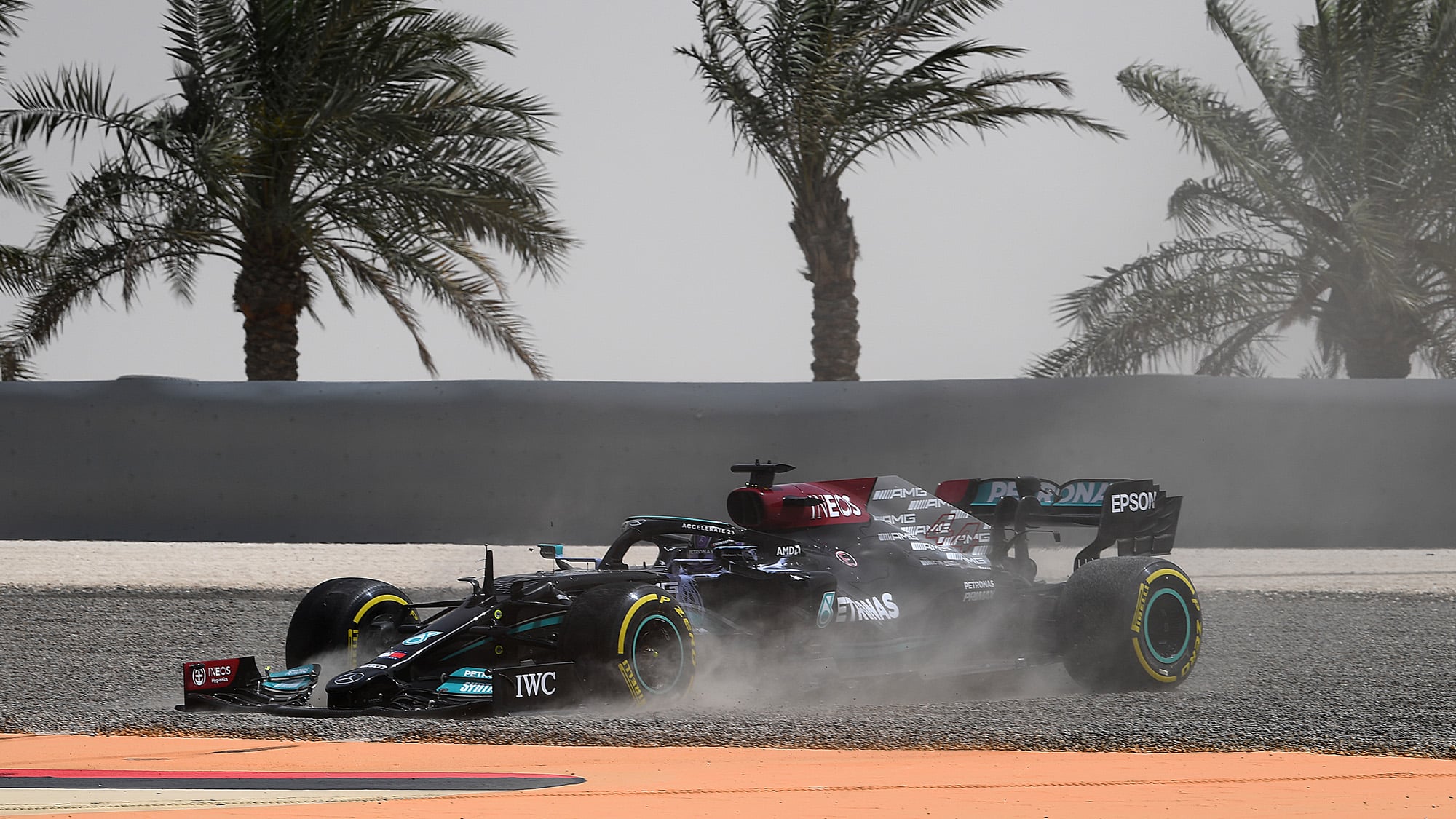
Hamilton should be getting to grips with his car in a race weekend, says Medland
Clive Mason/Getty Images
F1 cars are incredible, but part of the challenge should be in a driver getting the most out of it despite little in the way of running. As of this season they still get three hours of practice before attempting to qualify, and it would be a proper test of driver skill to be having to adapt to a new car that you’ve barely spent time in.
We’ve only had three days of testing this year, and there are more unknowns heading into the first race as a result. Is anyone reading this wishing it wasn’t the opening round this weekend, but instead another test? I very much doubt it.
Imagine watching the start of a race weekend having no idea about the competitive order at all…
I’m not here trying to look for gimmicks to spice up the show – to paraphrase Toto Wolff – but instead just highlighting where I feel F1 has allowed itself to cater too much to the technological and engineering aspect rather than the sporting one.
The human influence is what makes all sport so great. People performing at their best under pressure, delivering in the big moments and finding ways of overcoming adversity. That little bit of lingering doubt over whether they’re going to be successful or not, that’s what keeps fans coming back for more.
What lots of testing allows teams to do is understand so much about their cars before the first race that things have already stabilised to a great extent. It’s almost like getting everyone up to 95% of their potential and then saying you’re competing for that final 5%.

Does test data bring cars too close to perfection?
Florent Gooden / DPPI
The final potential remains the same either way, so why not use this year’s example of three days of testing (at the very most) to leave everyone with more unknowns heading into the opening race? Why not have them operating within a wider window, where a bit more importance is placed on how good a job the drivers and engineers do in terms of reacting to the car and conditions, and solving handling or set-up issues.
